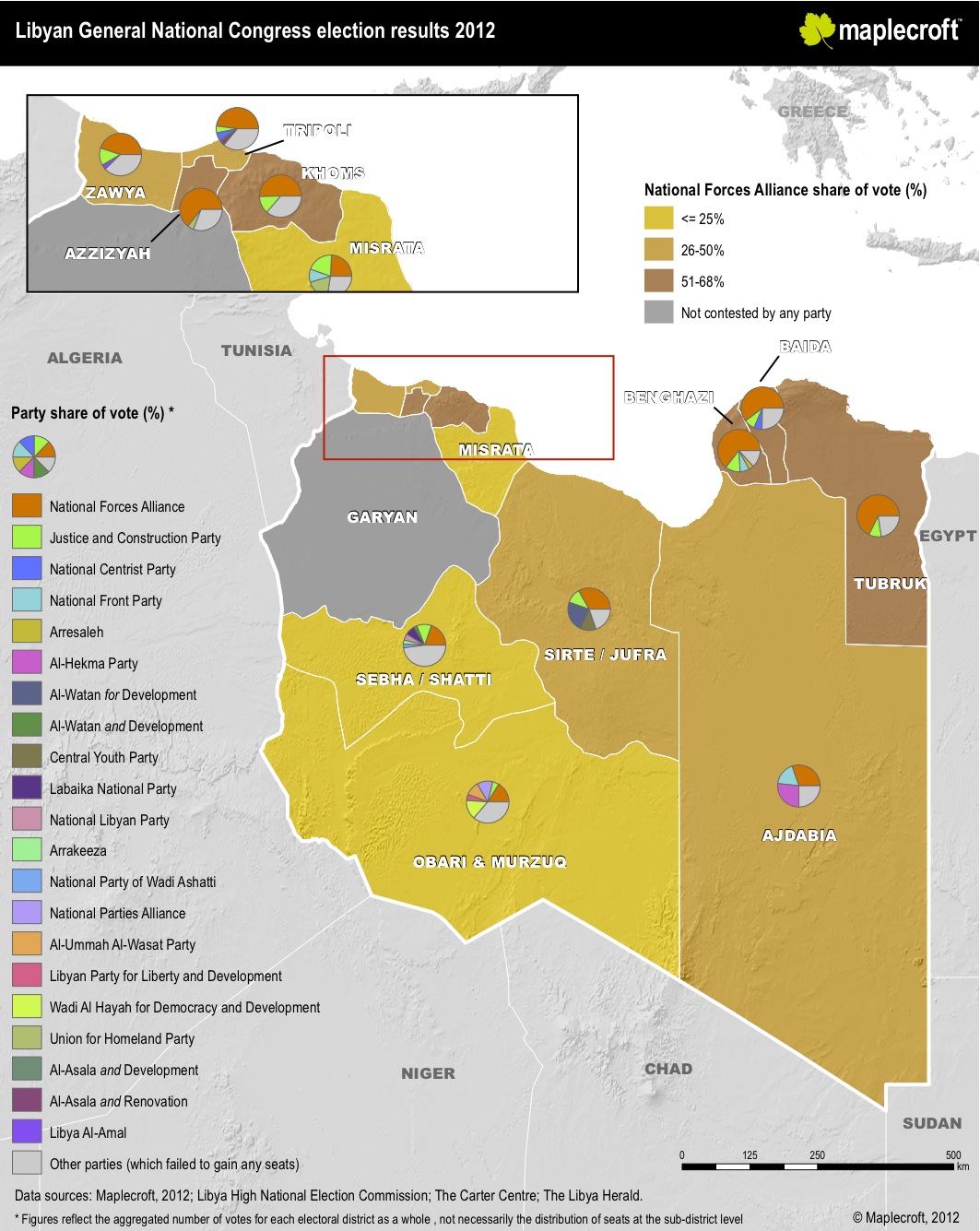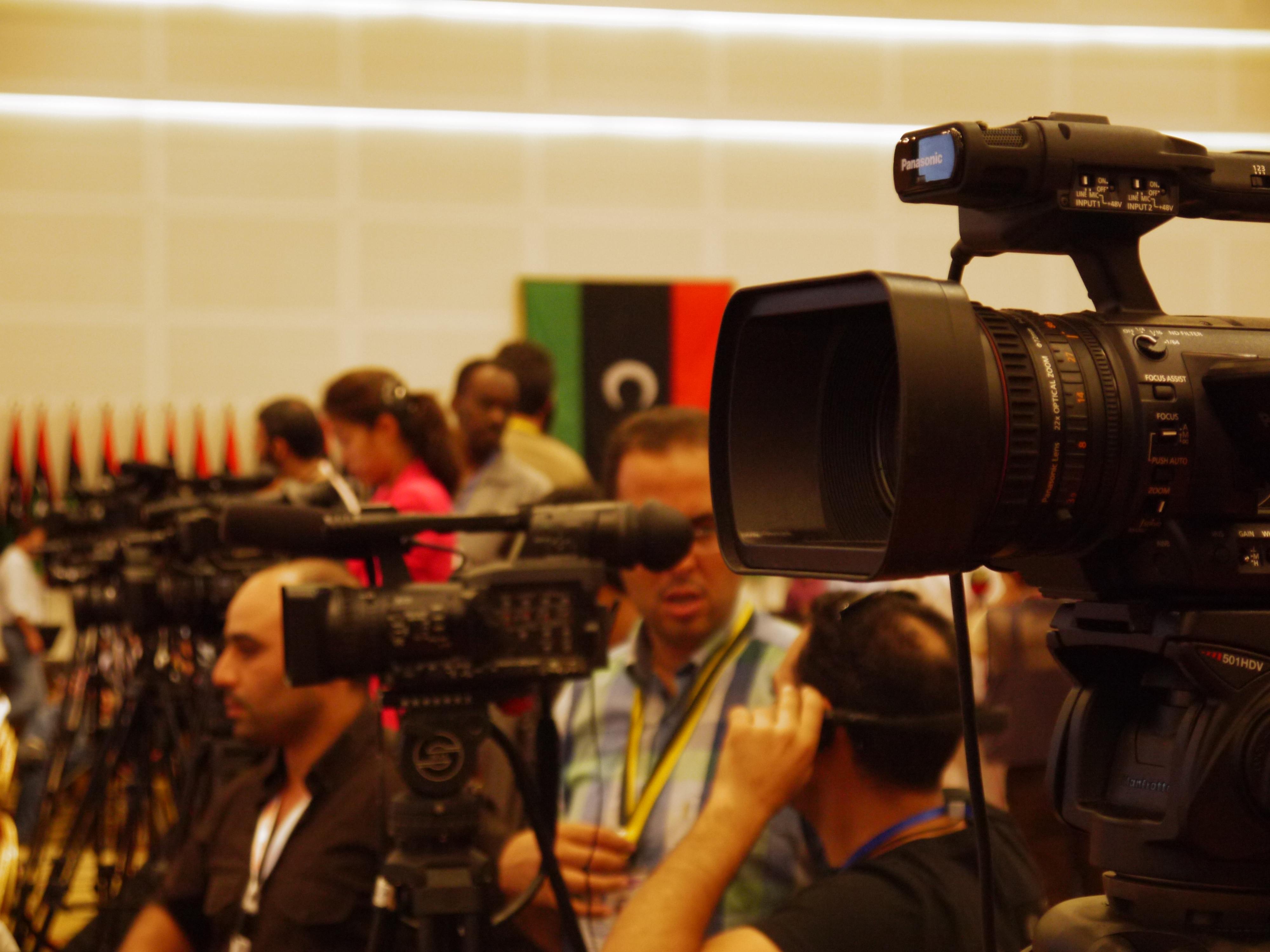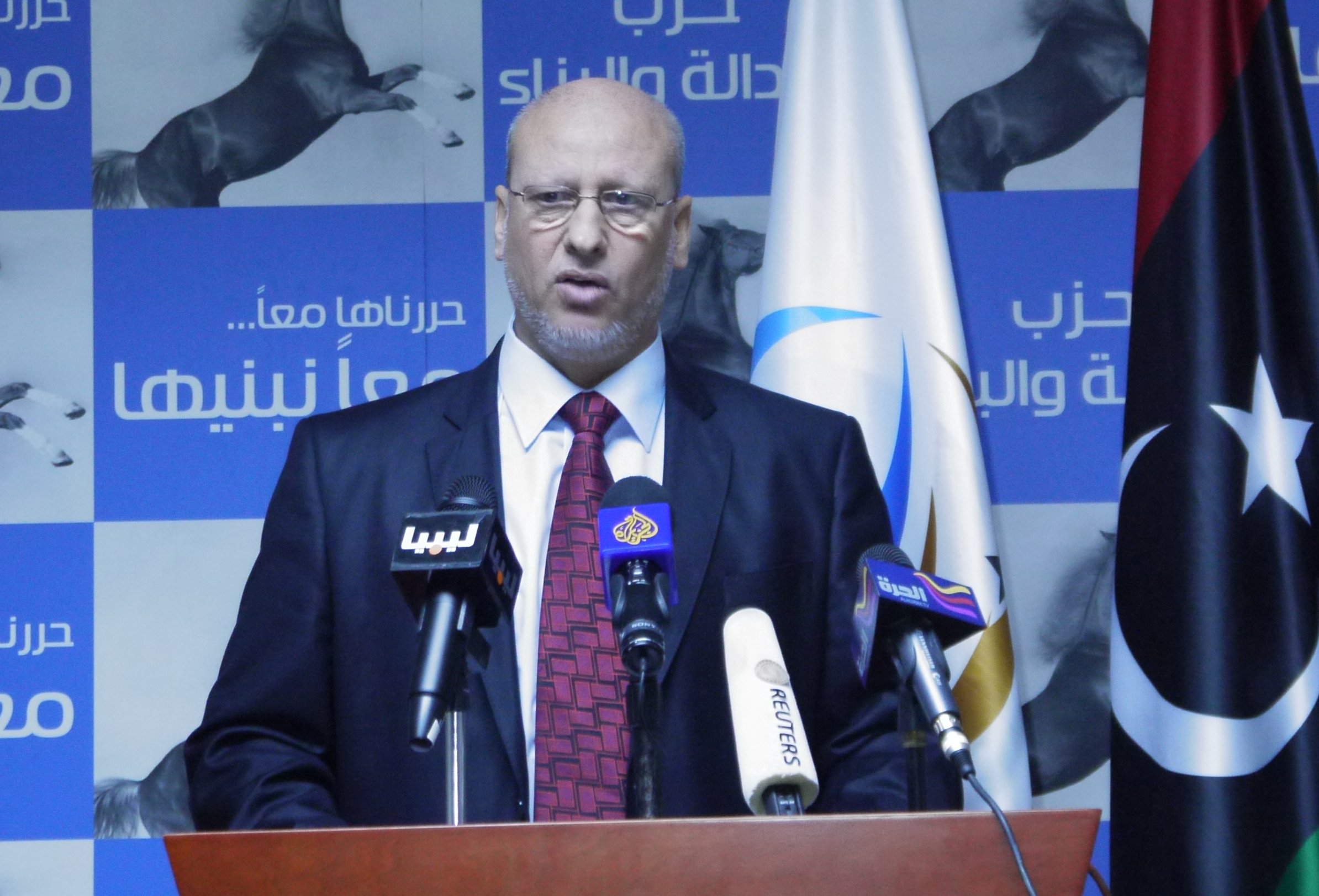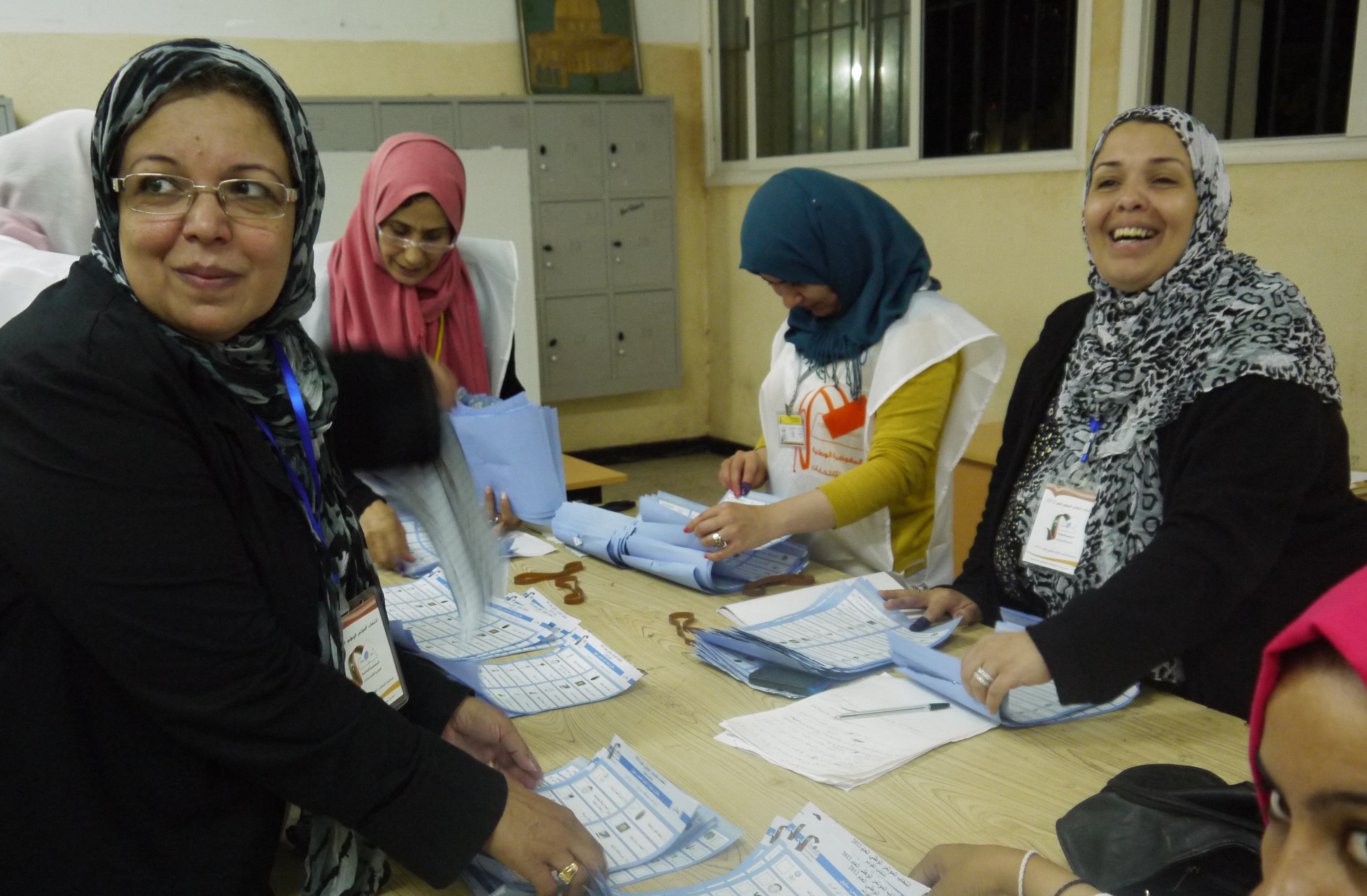By George Grant.
Benghazi, 9 July:
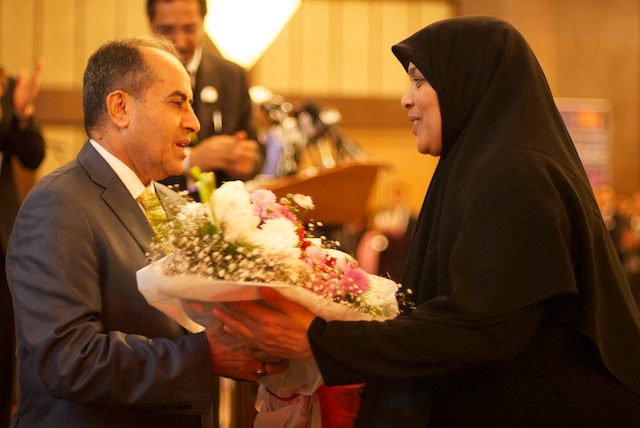
Mahmoud Jibril has called for the creation of a grand coalition government to unite Libya’s disparate political . . .[restrict]factions after the elections.
The former wartime prime minister made the call at a late-night press conference on Sunday, with multiple indicators now suggesting his National Forces Alliance has triumphed in the National Elections.
“We extend an honest call for a national dialogue to come together in one coalition, under one banner” he said. “This is an honest and sincere call for all political parties operating today in Libya.
Fully 130 political parties stood in Saturday’s elections, the first in almost 50 years, along with 2,500 individual candidates.
Although widely supported in many quarters, Jibril nevertheless remains a figure of suspicion with some groups in Libya.
Shortly before the election, a fatwa was issued against the NFA by the grand mufti, Sheikh Sadik Al-Ghariani, on the grounds that the group was not considered sufficiently Islamic. The NFA has said it is now planning to sue the mufti for calling them into disrepute.
On Friday, the Libya Herald was also contacted by a prominent Libyan politician who claimed that former revolutionaries had been meeting across the country over the past few days to discuss possible action should Jibril win. He said that they had decided that action would be taken on the grounds that a victory for Jibril would be a “theft of their revolution”.
Jibril, who served as head of the National Economic Development Board under Qaddafi, cut a controversial figure as head of the NTC’s executive office during last year’s revolution. A minority of Libyans believe that his past ties to the Qaddafi regime make him an unsuitable figure to lead the country.
However, Jalil’s past pedigree could make him an important bridge between the old and the new Libya at a time when reconciliation between Qaddafi loyalists and revolutionaries is more needed than ever. Jibril hails from the Warfala, the country’s largest tribe, whose seat is the hill town of Bani Walid, one of the most vociferously pro-Qaddafi towns during last year’s revolution. It is understood that Bani Walid voted for Jibril in large numbers, with one senior leader of the old regime saying people there would welcome Jibril as the country’s new leader.
Jibril will also have to work hard to placate federalist factions demanding greater autonomy for eastern Libya, who continued their campaign of disruption and violence over the election period.
Nevertheless, with the NFA reported to have won as much as 80 per cent of the vote in Tripoli and 60 per cent in Benghazi, voters appear to have delivered Jibril with a mandate to lead.
Last night the Nation Party, which includes Abdul Hakim Belhaj and the leading cleric Ali Salabi, said they would study the offer today. The Justice & Construction Party is also known to have been in discussion with the NFA about the possibility of a coalition.
Of perhaps the greatest importance to Jibril’s plans, however, will be the individual candidates, who will hold 120 seats in the National Conference to the political parties’ 80. The extent to which they choose to congregate around the various political factions could in fact be the most important factor in determining who wields power after these elections.
[/restrict]

